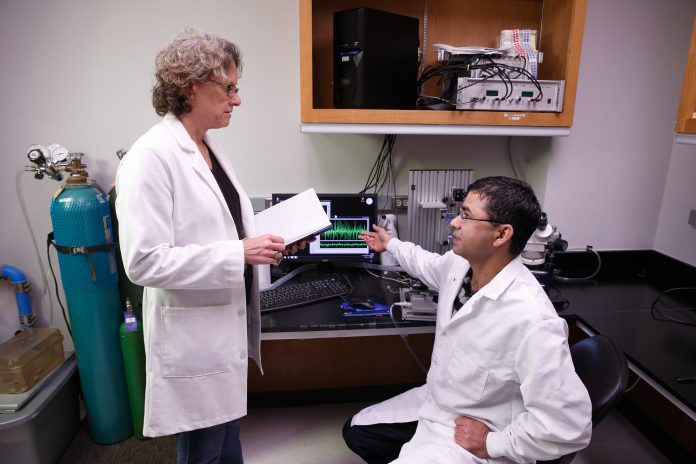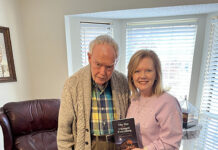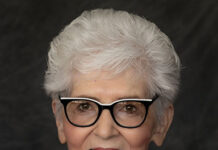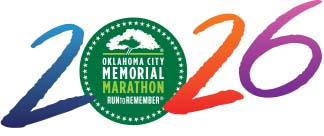
Oklahoma Medical Research Foundation scientist Rizwan Qaisar has been awarded an Irene Diamond Fund/AFAR Postdoctoral Transition Award in Aging.
The award, presented by the American Federation for Aging Research (AFAR) with support from the Irene Diamond Fund, will provide $120,000 in flexible transitional funding to Qaisar, who is researching age-related muscle loss called sarcopenia at OMRF. Postdocs are individuals conducting research after finishing their doctoral studies and are pursuing further training and a well-defined career path.
AFAR is a leading nonprofit dedicated to advancing healthy aging through biomedical research. The goal of this program, according to AFAR, is to provide portable and flexible transitional funding for senior postdoctoral fellows as they develop and negotiate for faculty positions and research programs. The award provides full-time research training and grant support.
Founded in 1981, AFAR has awarded more than $175 million in grants to investigators and students across the U.S., Ireland, Israel, Italy and the United Kingdom.
“By giving these postdoctoral fellows this extra boost at a critical moment in their career path, AFAR is helping create a research pipeline that is essential to advancing better therapies for age-related diseases and discoveries that will help us all live healthier and longer,” said Jeremy Walston, M.D., Chair of the 2017 Selection Committee for the Irene Diamond Fund/AFAR Postdoctoral Transition Awards in Aging.
At OMRF, Qaisar works in the Aging and Metabolism Research Program with under the guidance of Program Chair Holly Van Remmen, Ph.D. looking specifically at the role of oxidative stress, or free radicals, in the long-term deterioration of muscle. Qaisar researches potential interventions for the disease pathways for sarcopenia, specifically the activation of the SERCA ATPase.
Qaisar earned his Ph.D. at the University of Uppsala, Sweden. His academic focus was looking at the mechanisms of muscle aging, and evaluating potential therapies to counter age-related weakness and muscle loss.
“I am extremely grateful and honored to receive this award,” said Qaisar. “This funding will provide me with a real opportunity to push my research forward and make a difference for our aging population.”













